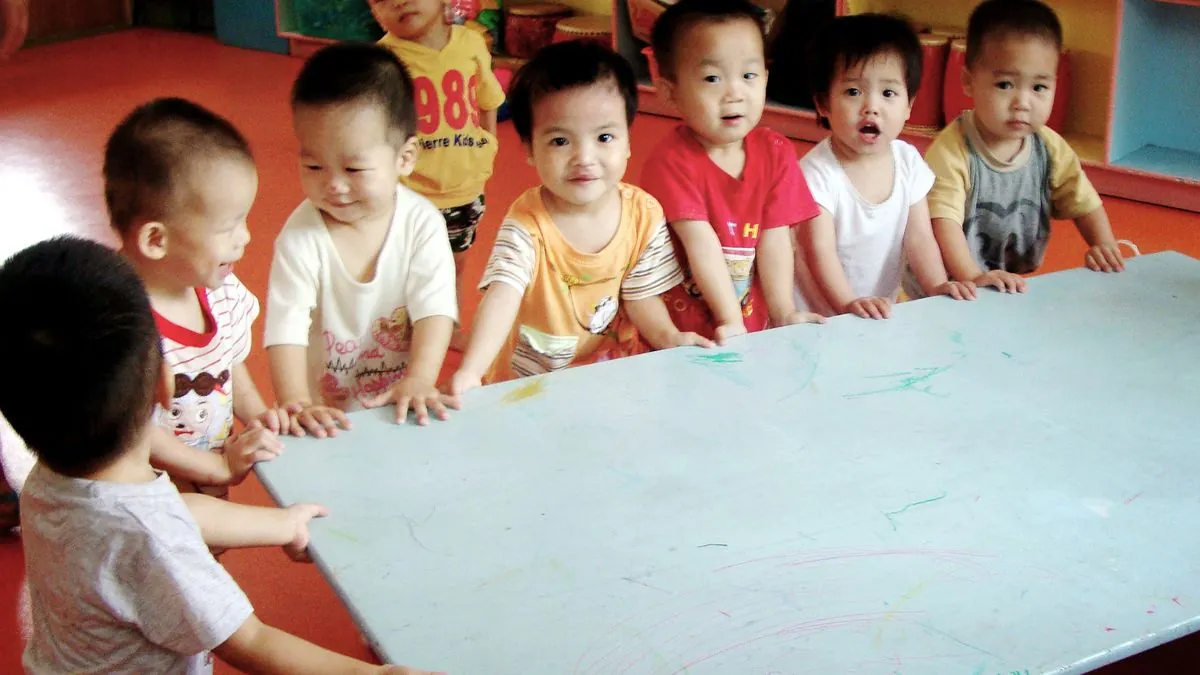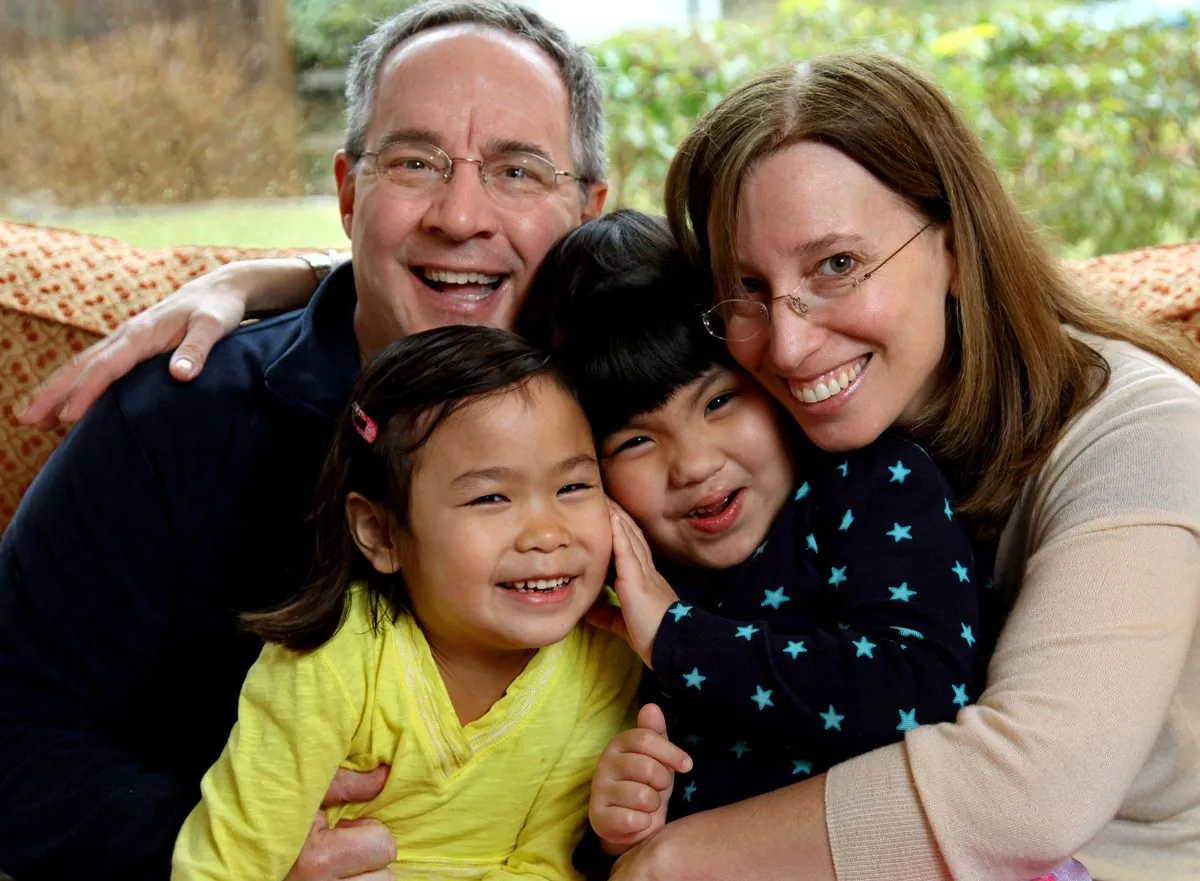China Halts International Adoptions, Ending Three-Decade Program
China announces cessation of international adoptions, aligning with global trends. The decision impacts a program that facilitated over 160,000 adoptions since 1992, amid China's demographic challenges.

China has announced the termination of its international adoption program, marking the end of a policy that has been in place for over three decades. This decision, revealed on September 6, 2024, signifies a significant shift in China's approach to child welfare and adoption practices.
Mao Ning, spokesperson for the Chinese Foreign Ministry, stated that the country will no longer send children abroad for adoption, with the exception of cases involving blood relatives within three generations. This adjustment aligns China's policies with international trends in adoption practices.
Since 1992, when China first opened its doors to international adoption, more than 160,000 Chinese children have found homes with families across the globe. The United States has been the primary destination, with approximately 82,000 children, predominantly girls, being adopted by American families, according to data from China's Children International (CCI).
The announcement has raised questions about the fate of ongoing adoption processes. While the government has not provided immediate clarification on this matter, the change is likely to impact numerous families currently in various stages of the adoption journey.

This policy shift comes at a time when China is grappling with significant demographic challenges. The country's population has declined for two consecutive years, and it currently faces one of the lowest birth rates globally. These issues stem from various factors, including the high cost of childcare, concerns about job security, and economic uncertainties as growth in the world's second-largest economy slows.
The roots of China's international adoption program can be traced back to the country's former one-child policy, which was in effect from 1979 to 2015. During this period, many families, restricted to having only one child, opted to keep male children due to traditional expectations of sons being the primary caregivers for their families. This led to a significant number of female children being given up for adoption.
China's decision to halt international adoptions reflects a broader global trend. Recently, other countries have also implemented restrictions on international adoptions. For instance, the Netherlands banned its citizens from adopting children from foreign countries in May of the current year. Similarly, Denmark will no longer allow international adoptions after its sole adoption agency ceased operations.
"We express our appreciation to those foreign governments and families, who wish to adopt Chinese children, for their good intention and the love and kindness they have shown."
Despite the end of this program, the Chinese government has expressed gratitude towards the foreign governments and families who have participated in international adoptions over the years. The impact of this decision on China's domestic adoption practices and child welfare system remains to be seen, as the country continues to navigate its complex demographic landscape.


































